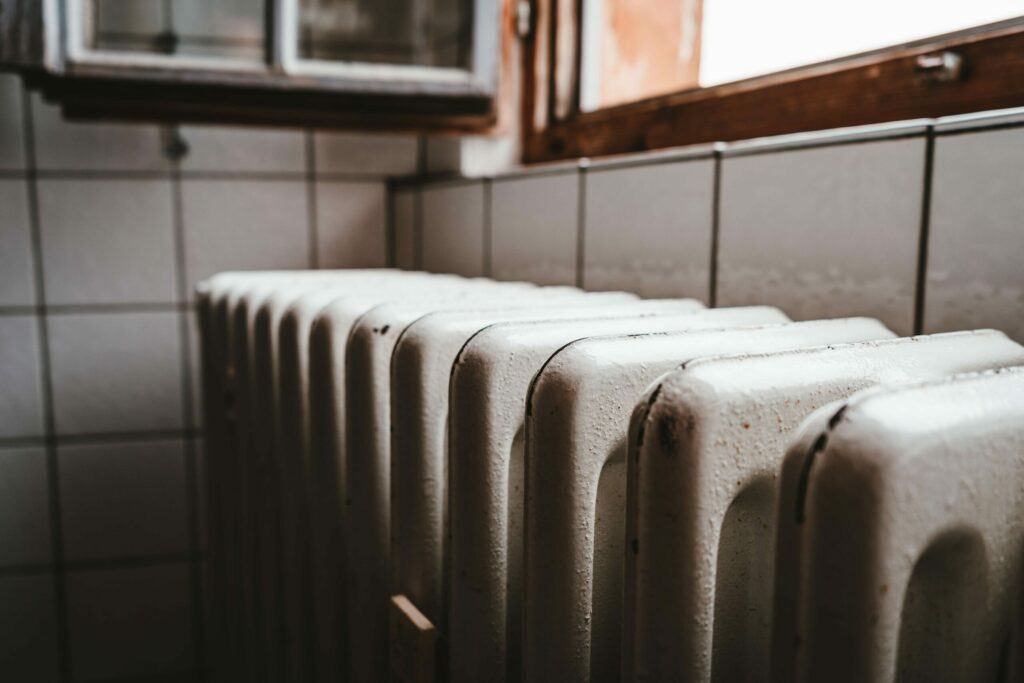Di., Juli 11th 2023

CO2 emissions from petrol and diesel vehicles fell by 1.1% last year compared to 2021. According to the Federal Office for the Environment (FOEN), emissions are significantly lower than before the pandemic.
Compared to 2019, emissions from fuels fell by more than 8%, the FOEN wrote revealed Tuesday. Compared to 1990, fuel emissions are 5.5% lower overall.
According to the federal government, the reasons for the decrease are the change in mobility behavior – more Swiss work from home offices and take fewer business trips in addition to the growing proportion of electro-mobility in road traffic. The share of biogenic fuels in total fuel consumption increased slightly to 3.4% in 2022.
Emissions from fuels, mainly oil and gas, continued to fall in 2022, adjusted for weather conditions – by nearly 5% compared to the previous year. According to the FOEN, the main cause is that buildings and homes are more energy efficient, as well as using more renewable energies for heating.

According to the latest CO2 statistics, emissions from fuels, mainly oil and gas, continued to fall in 2022 – by 4.9% compared to the previous year. Compared to 1990, these emissions were 36% lower. According to the FOEN, the main causes are the better energy efficiency of buildings and the increasing use of renewable energies for heating.
The increased efforts of the cantons also make a significant contribution to reducing emissions. The federal government’s energy-saving campaign and the high energy prices are also likely to have led to a decline in emissions. Buildings are responsible for around three quarters of CO2 emissions from fuels.
In order for Switzerland to achieve the goals of the Paris climate agreement, further progress must be made. According to the Climate Protection Act 2050, which was approved by the people in June, the “net zero” target must be achieved.
An interim goal is that by 2040 emissions must fall by 75% compared to 1990 – if possible by reducing domestic greenhouse gases. Remaining emissions are to be withdrawn from the atmosphere in the form of negative emissions.
There are also intermediate targets for homeowners, transport and industry. Emissions from buildings must fall by 82% by 2040 compared to 1990 levels. Industry, in turn, must achieve a 50% reduction by 2040, and transport by 57%.
To reduce CO2 emissions, a CO2 tax is levied on fuels in Switzerland. The tax rate is automatically increased if CO2 emissions from fuels exceed statutory thresholds. Currently, the legislation does not provide for any further increase in the CO2 tax. No CO2 tax is levied on fuels, but the fuel importers must partially compensate for the CO2 emissions caused.
Dieser Artikel wurde mit Genehmigung von Keystone SDA nachgedruckt.
